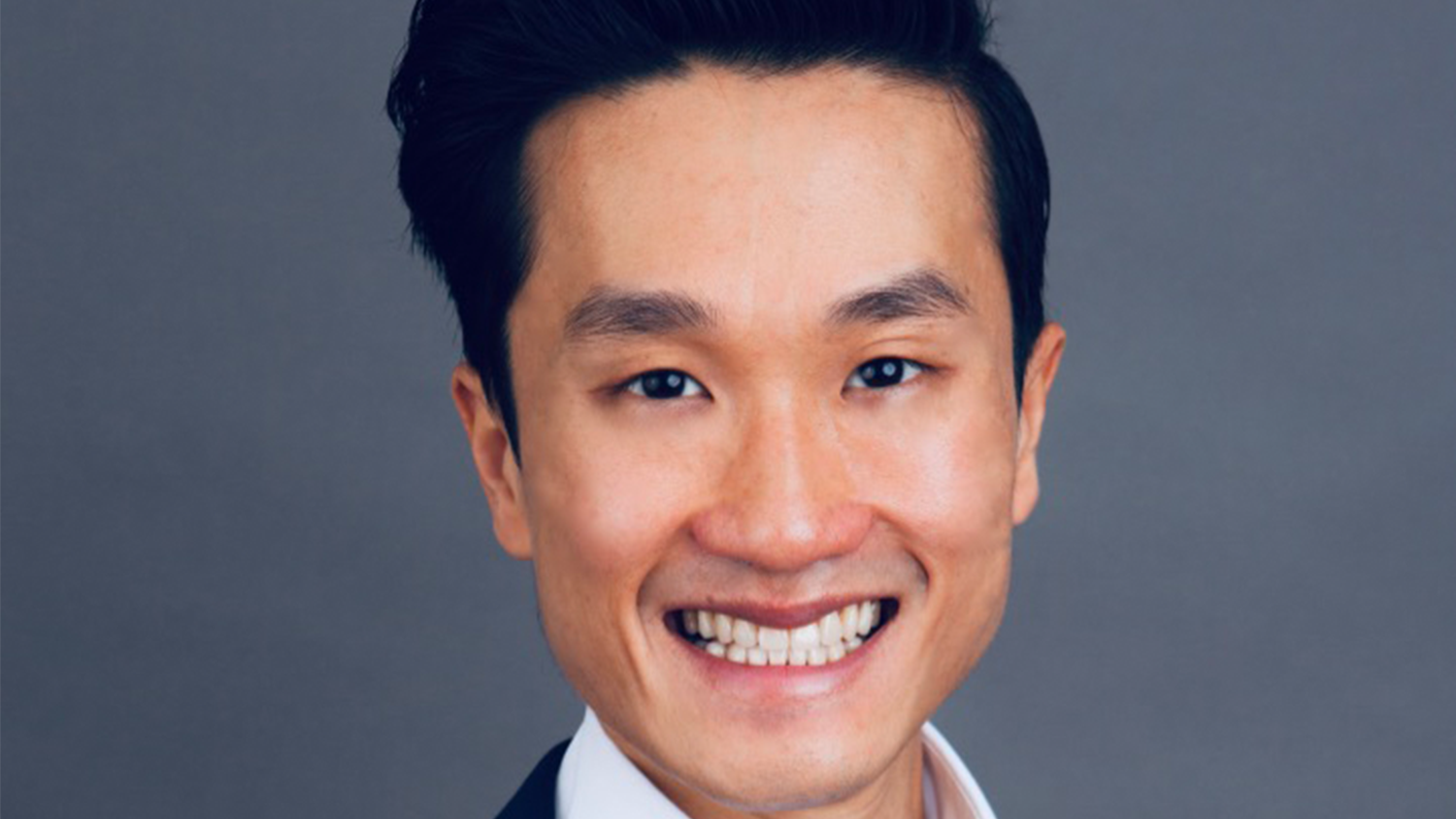Assistant Professor Lam Pham Partners with Charlotte-Mecklenburg Schools to Improve Student, Teacher Outcomes in 10 Low-performing Schools

Lam Pham, an assistant professor in NC State’s College of Education, is partnering with Charlotte-Mecklenburg Schools to recruit, develop and retain teachers in an effort to improve the district’s 10 lowest performing schools.
Using a three-year, $245,564 grant from the Belk Foundation, the project, entitled “Advanced Educational Opportunity in Charlotte-Mecklenburg’s Lowest-Performing Schools Through Teacher Recruitment, Development and Retention,” will inform interventions that can improve outcomes for more than 6,000 students, many of whom are from low-income backgrounds and are students of color.
“As a partnership model, I think our biggest contribution as a research team is to provide school and district leaders with usable and timely data to inform their decision making. Formative evidence to help clarify what is working and what needs further attention are the products that we can provide to help educators with their work,” Pham said. “I hope our role as research partners will take this burden off the educators, so they can focus on what to do once we have a clear idea of their schools’ needs.”
Low-performing schools, Pham said, often get stuck in a cycle of disappointing results because they have the most trouble recruiting and retaining experienced and effective teachers and principals. Because of a high rate of teacher and leadership turnover, it often becomes difficult to put improved instructional practices into place.
Previous school turnaround models have addressed this issue by focusing on teacher recruitment, but Pham says that the inclusion of a focus on developing talent within schools and retaining high-quality teachers is crucial in this project.
“I am excited that this new model of reform in Charlotte-Mecklenburg Schools has been thoughtfully designed to address these issues with prior school reform models,” he said. “My work on previous reform models have primarily been to examine reforms that have already been put into place, so this opportunity to plan out a theory of action and to work with educators in implementation is quite meaningful to me.”
In addition to recruiting, developing and retaining teachers, Pham said his previous research on school reform efforts have shown that school leaders who invest in their staff and the school’s approach to reform, as well as assessment of and ability to prioritize the school’s most pressing needs, are important factors in school turnaround.
However, there is little research related to ways to maintain and sustain improvements because few models have been able to continue for more than a few years at a time. As a result, Pham hopes that his partnership with Charlotte-Mecklenburg Schools will allow him to start learning and documenting strategies that will help sustain long-term improvement for schools.
This is especially important, Pham said, to achieving greater educational equity.
“Students with the highest needs usually get the fewest resources and least attention. I’ve witnessed this again and again from multiple perspectives – as a student, an educator and now a researcher,” he said. “From an equity standpoint, the research is clear that our lowest-performing schools all across the country tend to serve primarily students of color and low-income students. For me, the goal of equitable educational opportunities requires investment in chronically low-performing schools.”
In Charlotte, Pham and his research team, which includes collaborators from the non-profit organization NWEA, will use both qualitative and quantitative data to assess the success of the reforms.
The research team will interview and conduct focus groups with school leaders and teachers in order to better understand how reforms are being implemented and unpack teachers’ and principals’ perspectives on how to improve the model.
The team will also use administrative data to understand the impact of school reforms on a wide range of teacher outcomes, including retention rates and observation scores, as well as student outcomes, including attendance, course taking behavior and graduation rates.
- Categories:


